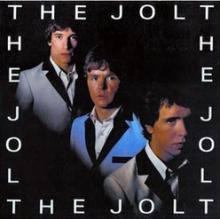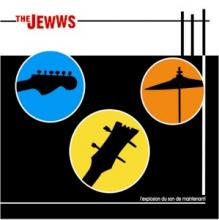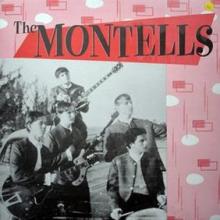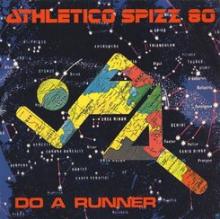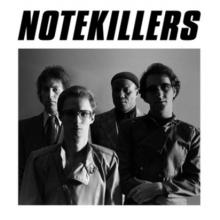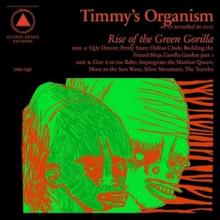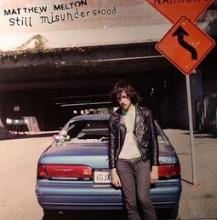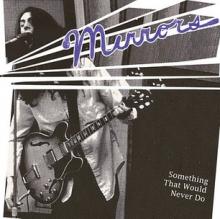Marginal Man: Chocolate Pudding and DC Hardcore
Lesser bands certainly got a shot at having a record recorded and properly distributed in the underground than if located in other cities. And since Dischord’s gone on to work with more fey indie styled groups in latter years, its early catalog still receives a fair amount of attention. Of course, if Minor Threat didn’t rule and MacKaye hadn’t dedicated his life to music, this conversation wouldn’t be worth having. Anyway…


